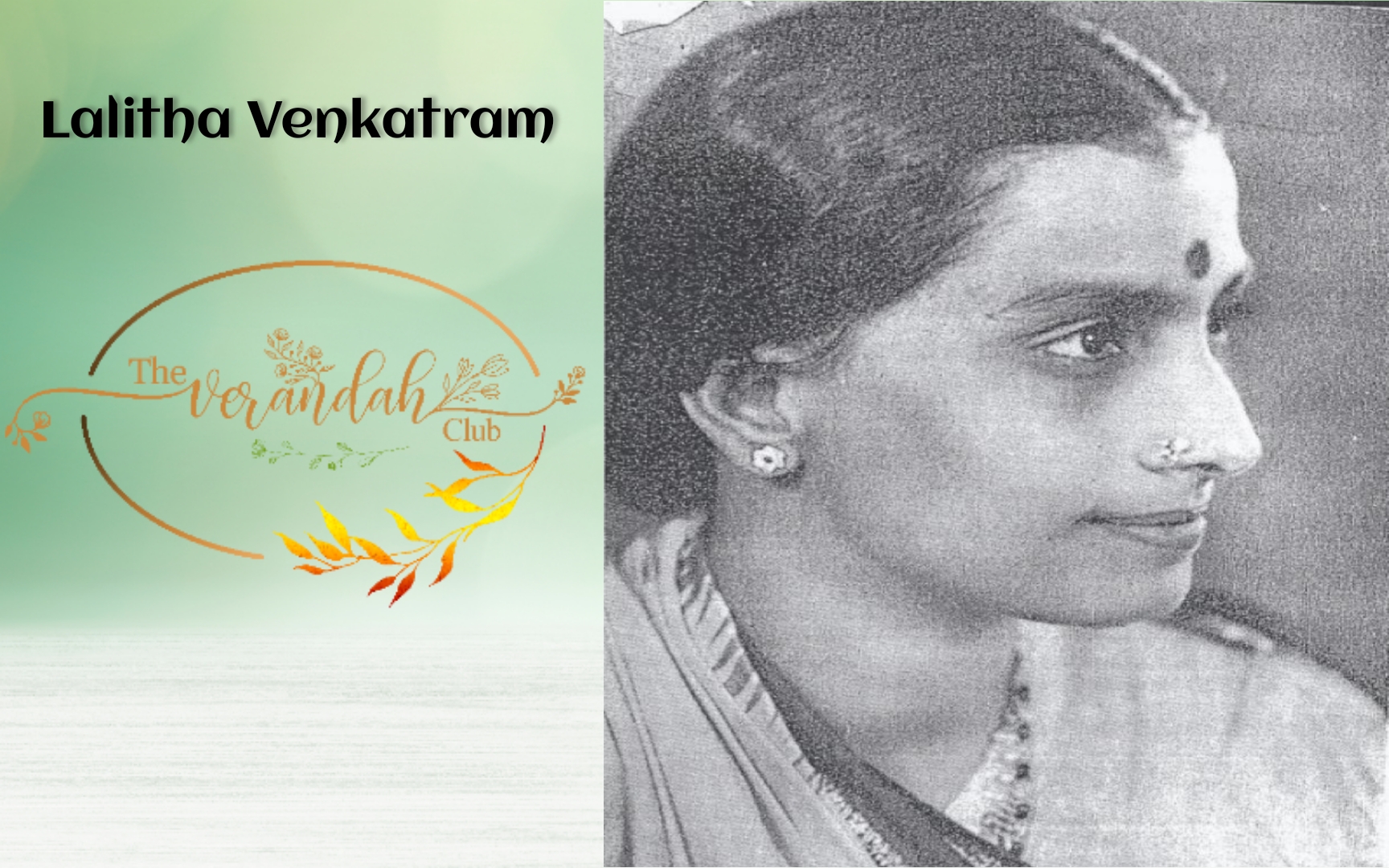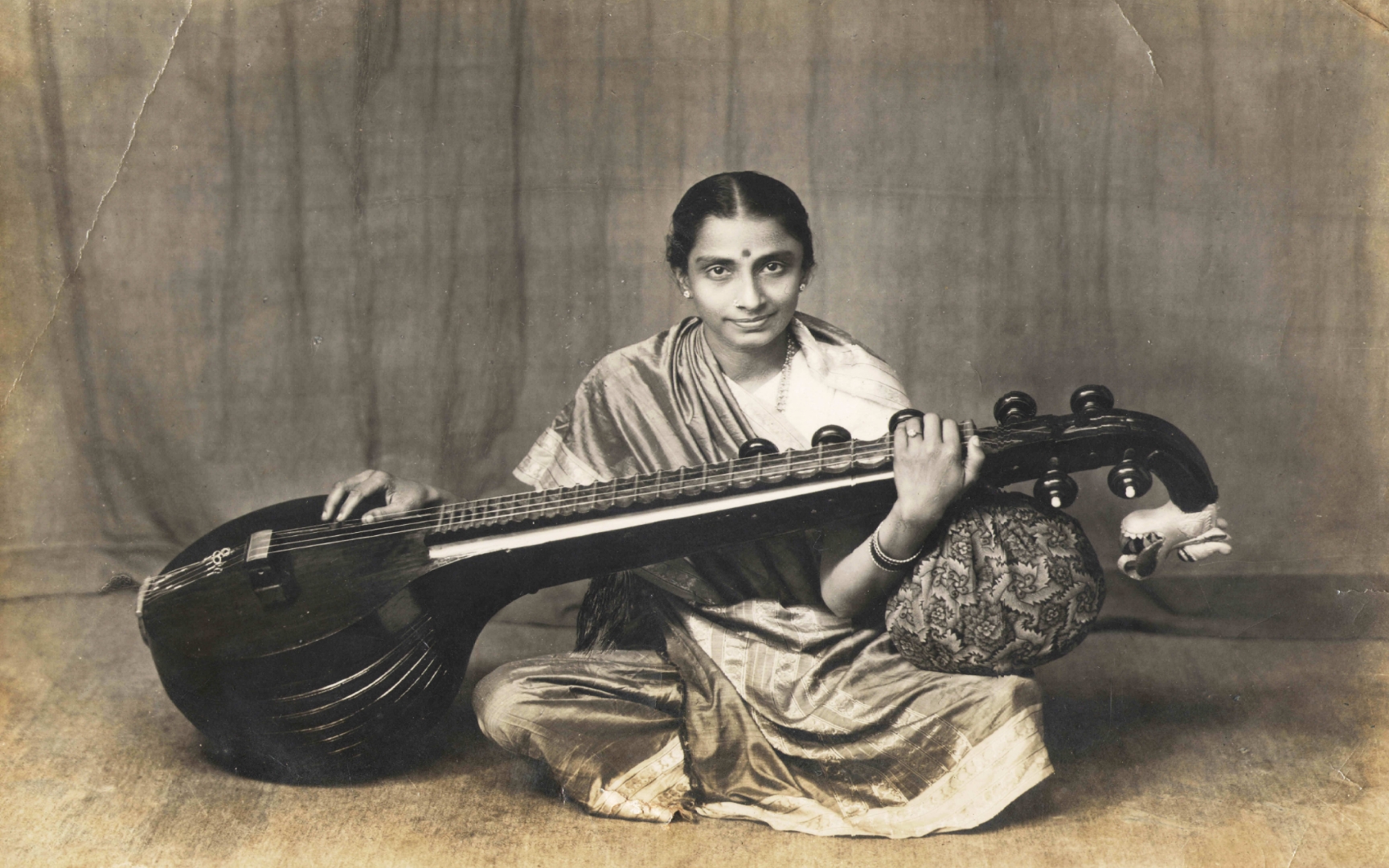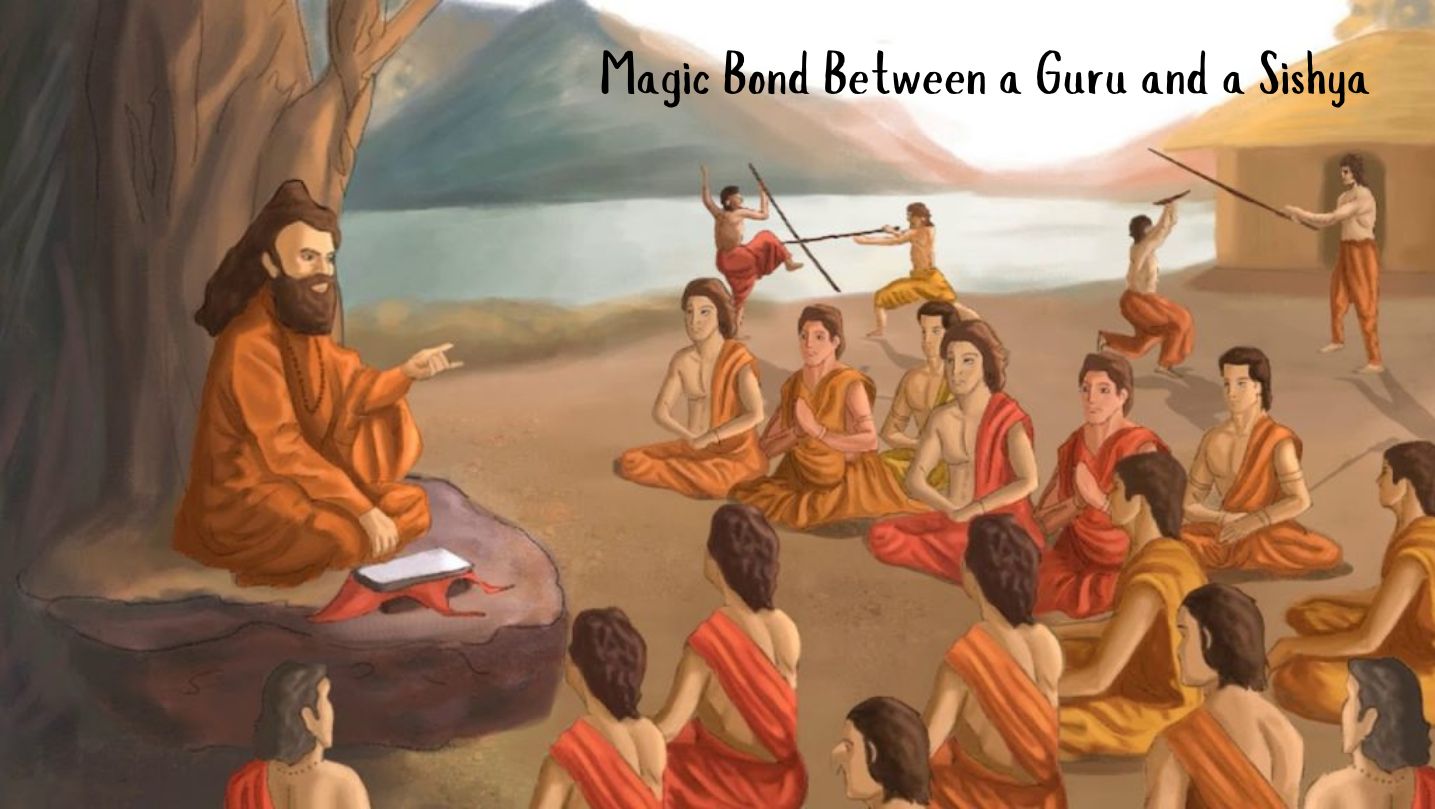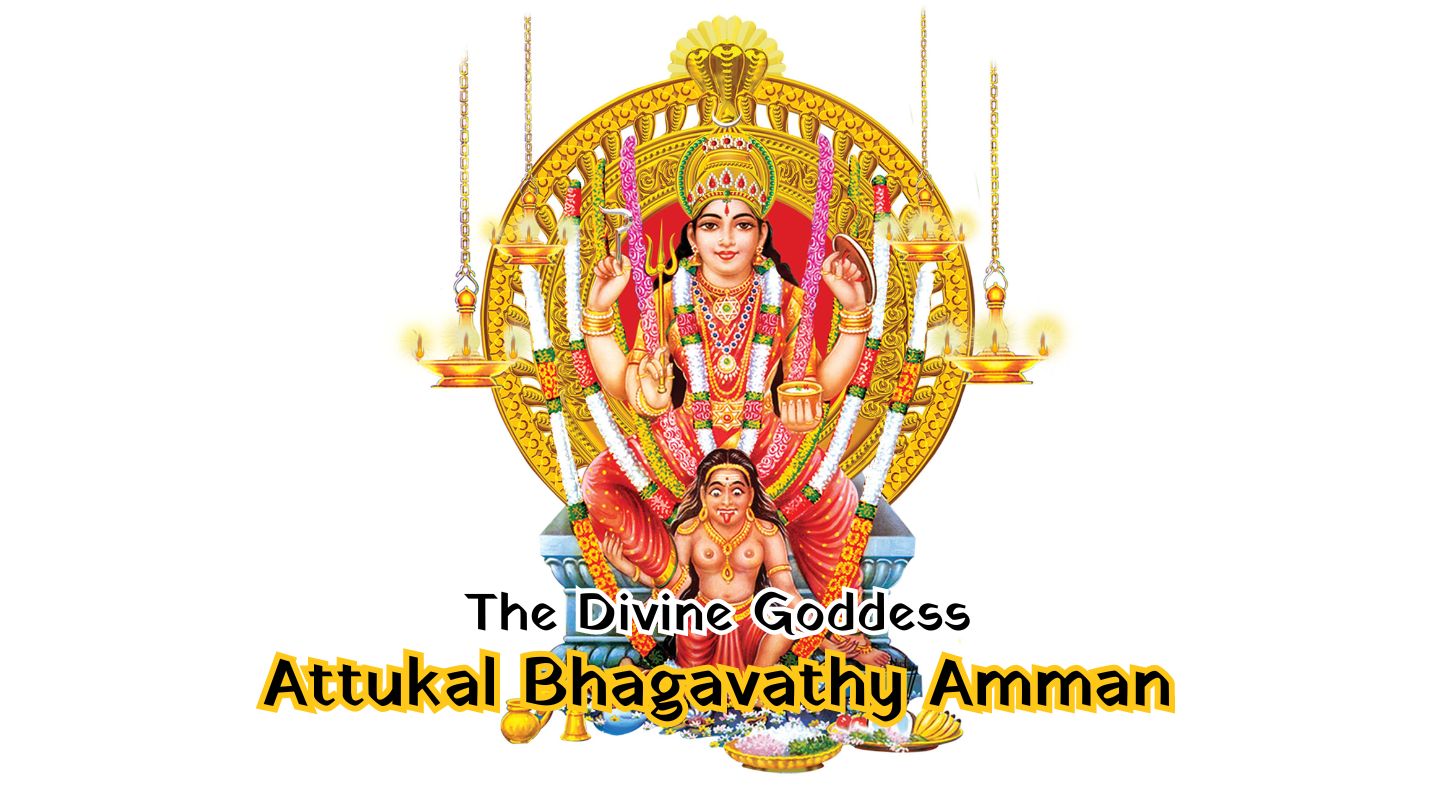Guess who was the first playback singer of Tamil Cinema? Or the first Carnatic musician to perform over the Bombay station of All India Radio?

The credit for both these firsts goes to late Lalitha Venkatram (1909 - 1992), a modest Bombay Tambrahm housewife who accompanied herself on the Veena while singing and became a celebrity musician of her time.
There’s an interesting background to how she came to be the first playback singer of Tamil Cinema. Back in 1937, A. V. Meiyappan of A. V. M. was producing the Tamil movie, ‘Nandakumar.’ Those days the actors themselves were expected to sing their songs.
Not satisfied with the singing of the actress playing the role of Devaki’s mother, Meiyappan hit upon the idea of bringing a popular classical Carnatic musician as her playback singer and zeroed in on Lalitha Venkatram. And she made history by singing, ‘Theena Thayaparane’ in Saama ragam as the first playback song of Tamil Cinema. The film, released in 1938 thus became the first Tamil film to feature a playback singer. Music composer, S. V. Venkataraman too began his career with this film. This historic song (though the recording is a bit scratchy) can be accessed below,
Thanks to its uploading by Vembar Mannivannan couple of years back in his ‘Pazhaiya Pattu Puttakam’ series.
Many more offers for playback followed from Madras producers, but family responsibilities and a personal tragedy forced her to decline these.
Five years earlier, in 1933, Lalitha Venkatram had achieved the distinction of becoming the first Carnatic musician to be featured on All India Radio, Bombay on its inaugural day itself. Apparently, a senior AIR official had heard her sing at a social function. Bowled over by her performance, he invited her to sing at the inaugural broadcast of the station. Thereafter, she began to be featured regularly over AIR Bombay.
The popularity generated by her outstanding radio concerts led to a plethora of invitations to perform at prestigious platforms across the country ranging from the court of Mysore Maharaja (in the presence of the great Muthiah Bhagavathar, the ashtana vidwan of the court), in front of the Travancore Maharaja and Maharani, Madras Music Academy (when it was at Thambu Chetty Street), Banaras, Allahabad, Bengal, Central Provinces to Colombo (twice), Rangoon, Karachi, Hyderabad-Sindh (yes these were parts of British India then)! Wherever she performed along with her Veena, she won numerous admirers.
The Mysore Maharaja presented a generous purse of gold coins as his appreciation of her performance. A contemporary account of the event has it that her debut performance there was a smashing success.
Her Music Academy performance in front of several top musicians and critics too was highly appreciated. As were numerous others that followed in Madras, Bombay and elsewhere in the country during 1933 - 43. She was greatly encouraged and supported in all this by her husband, K. S. Venkatram.
Having grown up in Thiruvannamalai where her engineer-father, Manavasi V. Ramaswamy Iyer was an ardent devotee of Bhagwan Ramana Maharishi, she had the good fortune of receiving the saint’s blessings and love in no small measure. There’s an interesting account of how a white peacock gifted to the Maharishi by the Baroda royals used to dance when she played the song, ‘Adu Mayile’ composed by her father on the Veena in the ashram.

When she had finished playing, the peacock came and pecked at the Veena strings. This prompted the saint to exclaim that the bird wanted her to continue playing. “We’ve all been transported to gandharva loka,” the sage of Arunachala had remarked. Her rendering of her father’s compositions in praise of Ramana Maharishi became very popular; in particular the song ‘Sharanagati’, so much so that her father began to be called ‘Sharanagati Thatha’, and to this day it’s on the lips of many a Ramana devotee.
Sarojini Naidu, the ‘Nightingale of India’ who heard her sing the nationalist song, ‘Gandhi Pugazh Paduva,’ composed by her father at a public function exclaimed that Lalitha Venkatram with her sweet voice was indeed the real Nightingale of India!
The great composer-musician, Kotiswara Iyer (Kavi Kunjaradasan), from whom Lalitha Venkatram learnt a few of his difficult compositions too was all praise for her: “My child you are an apt pupil and it is a delight to teach you. Your swaragnanam is astounding for one of your age and experience”.
Many eminent musicians of the time like Musiri, Ariyakudi used to stay at her Dadar home when they came to perform in Bombay.
Later, after retiring from public performances, she used to teach generations of aspiring musicians in her neighbourhood. Among these is the immensely talented and today’s celebrity musician, Shankar Mahadevan, who learnt the Veena from her as a child.
One was able to collect a clutch of Lalitha Venkatram’s recordings from the Sri Lanka Broadcasting Corporation’s music library in 1982. And play these back at a family social function in Bombay much to everyone’s amazement. These are now among the most cherished heirlooms of her family today.
NEXT ARTICLE

At the southernmost tip of this mesmerising ensemble lies the majestic Great Nicobar Island, boasting an impressive landmass of about 910 square kilom...

Bharath has always been a land traversed by spiritual masters/ Guru since time immemorial. These spiritual masters have always upheld the core princip...

South India contains its fair share of unique pilgrimage centres. These divine places of worship have a prominent Sthala Purana, devoted followers, di...